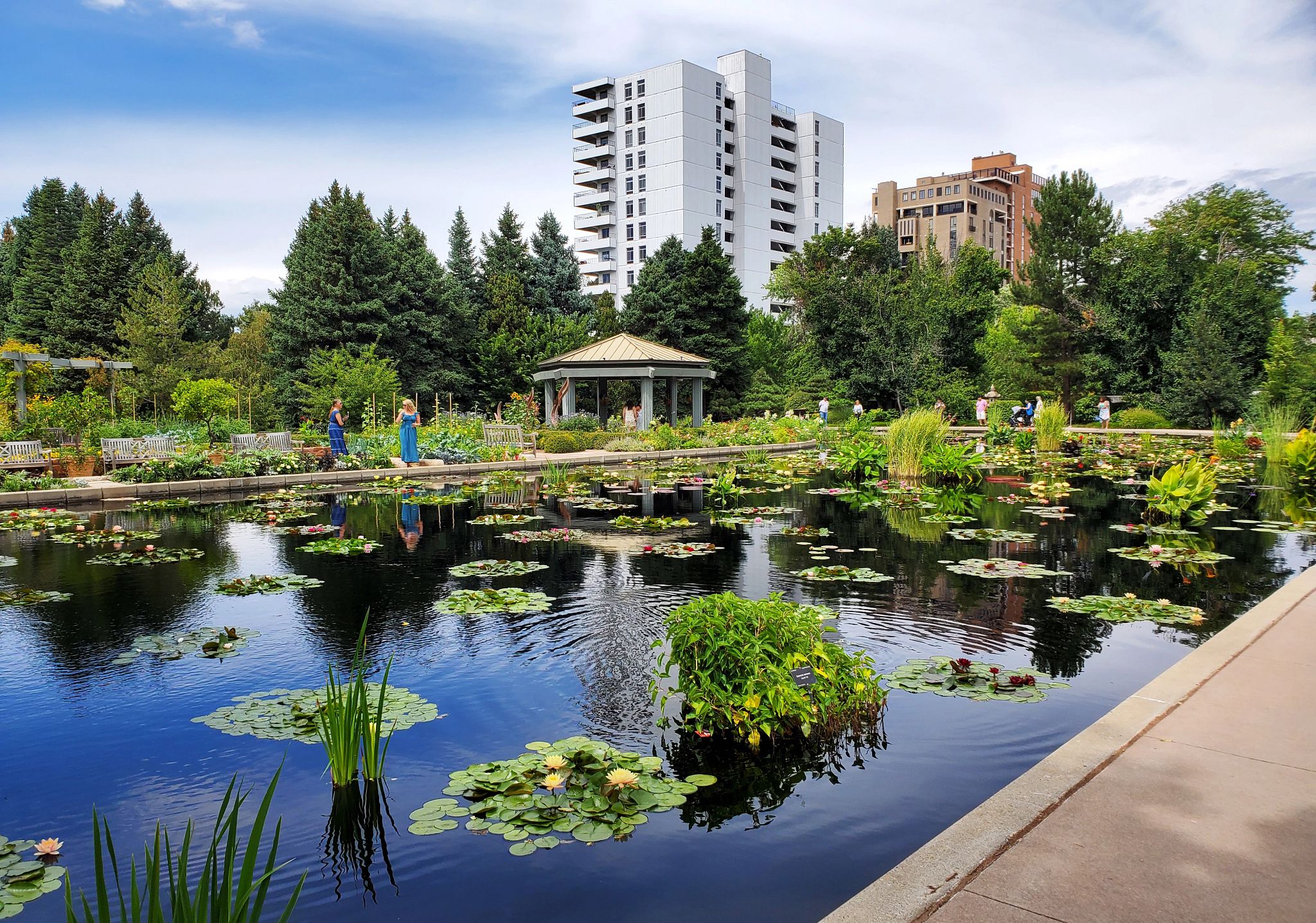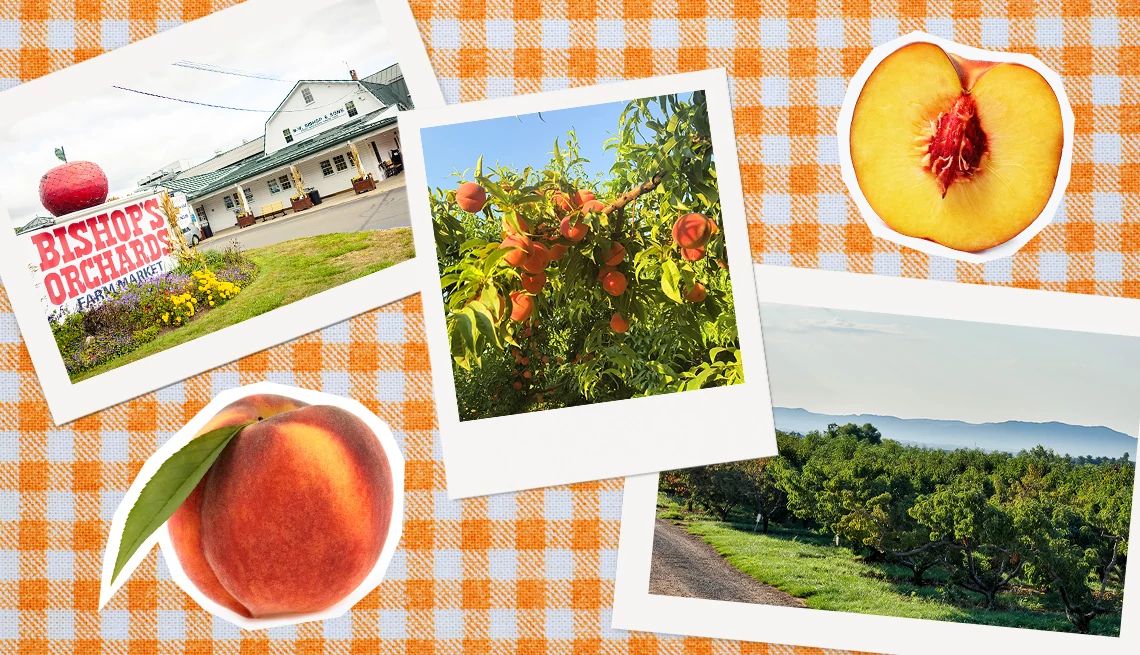AARP Hearing Center
The gardening traditions of Japan have been admired worldwide for centuries, but you don’t have to travel to enjoy them – numerous cities across the U.S. have dedicated Japanese-style gardens or sections of their botanical gardens that incorporate Japanese landscaping. Known for their soothing elements, Japanese-style gardens are an excellent way to escape the daily grind and reset.
“Japanese gardens in particular are really kind of special, humanized nature,” says Kendall Brown, one of the founders and past president of the North American Japanese Garden Association. “They bring out the best, the most salubrious, positive, beneficial aspects of nature.”
Numerous studies tout the health benefits of spending time in nature, especially for adults over 50. A study in the International Journal of Environmental Research and Public Health notes lower stress, heart rates and blood pressure from spending time outside. Meanwhile, a 2022 study in Environmental Health showed that spending time in nature may reduce the risk of dementia.
“More and more studies are indicating that mindful time spent in nature — away from your cellphone, taking in all your senses and the space around you — can lead to a really beneficial preventative mental and physical health,” says Will Lerner, communications manager at the Portland Japanese Garden.
While finding a hiking trail may require trekking to a state park and navigating a challenging dirt path, Japanese gardens, by comparison, are conveniently located. Public gardens are required to be compliant with the Americans With Disabilities Act so people with reduced mobility can also access these beautiful spaces easily.
Traditional Japanese-style gardens often incorporate elements such as large rocks, ponds and evergreen trees. The minimalist design highlights the natural landscape, creating a place for meditation and reflection. These seven Japanese-style gardens, chosen for their varied locations, can be found from coast to coast. Plan a visit to one of these peaceful retreats to find your moment of zen.
Denver Botanic Gardens
Denver


The Shofu-En garden — the Garden of Pine and Wind — features 130 unique pines from the Roosevelt National Forest. Chosen for their hardiness, the ponderosa pine trees, some more than 200 years old, were shaped by the area’s extreme windy weather. The garden features an elaborate entrance gate and a raked gravel garden. Tree-lined pathways lead visitors to a tranquil lagoon filled with koi. Fed by a waterfall and creek, the pond reflects the trees above. Near Shofu-En is a dedicated bonsai pavilion and a teahouse, which hosts traditional tea ceremonies in the summer. Open: 9 a.m. to 2 p.m. Monday through Wednesday; 9 a.m. to 8 p.m. Thursday through Sunday. Admission: $16 for adults; $12.25 for adults 65-plus and military members with ID.


































































%2520%252012%2520(1).jpg?crop=true&anchor=0,0&q=80&color=ffffffff&u=tltj5m&w=2048&h=1078)
.jpg?crop=true&anchor=0,0&q=80&color=ffffffff&u=tltj5m&w=2048&h=1258)








